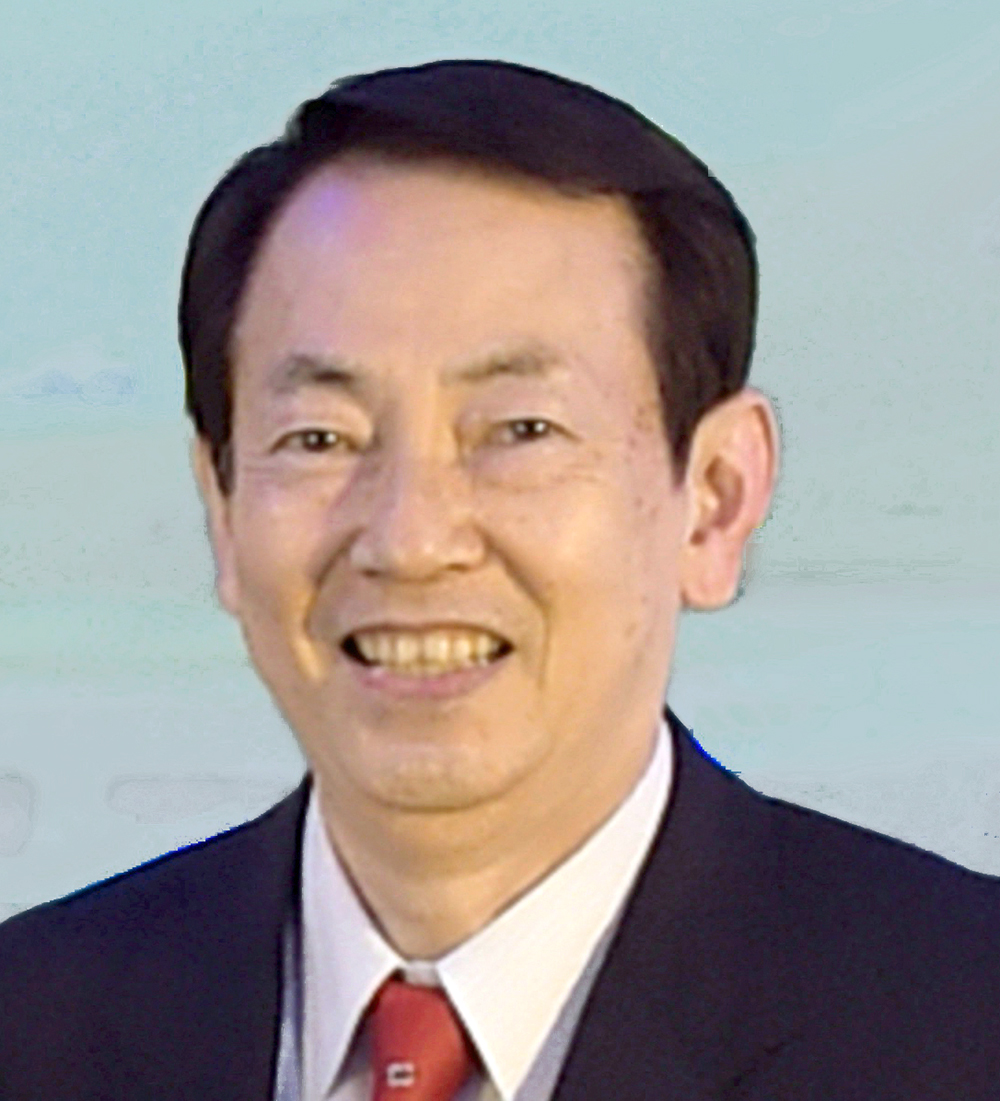Distinguished Achievement and Contributions Award

Dr. Yasuo Matsuyama graduated from the Department of Electrical Engineering, School of Science and Engineering, Waseda University, in 1969, went on to graduate school at the same university where he completed the doctoral course in electrical engineering in 1974, and was awarded a doctorate in engineering. In the same year, he was selected by the Japan Society for the Promotion of Science, the Institute of International Education, and the Fulbright Exchange Program for exchange between Japan and the United States and was sent to Stanford University. In 1978 he was awarded a Ph.D. (EE) from the same graduate school. These PhDs were in different fields: stochastic pulse frequency modulation in the nervous system (Waseda University) and the application of stochastic processes to distortion measure theory and signal processing (Stanford University). However, due to subsequent academic progress, they have evolved into the machine learning field as we know it today.
He has served as a research associate at the Information Systems Laboratory at Stanford University, a lecturer at the Faculty of Liberal Arts, an assistant professor at the Department of Information Engineering at the Faculty of Engineering, a professor, and the head of a doctoral program at Ibaraki University. After that, in 1996, he became a professor at the Department of Electrical, Electronics, and Information Engineering at Waseda University (after the reorganization, he became a professor at the Department of Computer Science and Engineering). Since 2017 he has been an emeritus professor and emeritus researcher at the same university. During this time, he served as a visiting researcher at the University of Alabama, a member of the Comprehensive Examination for Advanced Positions of the National Personnel Authority, and director of the Waseda University Media Network Center. In addition, he has worked on the evaluation of universities around the world.
He has made pioneering achievements in his career by ''constructing machine learning theory for structuring incomplete data (raw data) and its application to data science.'' These result from the development of the analysis of stochastic processes in the nervous system and vector quantization, which is highly efficient for data compression in information theory, which he independently studied at two institutes. A national patent for vector quantization was established in 1991 after 12 years of examination after he first applied for it in 1979.
After developing vector quantization, he developed the design method for generalized competitive learning, which enables multi-objective and multiple optimizations. This progress has allowed applications for various data processing, such as the generation and intelligent retrieval of still and video images in addition to voice, and application to the large-scale traveling salesperson problem.
When considering generalized competitive learning in probability and statistics, this machine learning algorithm implicitly assumes that the data is uniformly distributed. However, when the target data becomes large, the bias of the available distribution that is not uniform appears in the big data. He has taken this idea and created the "Alpha Expectation Maximization Algorithm" as the upper structure of the conventional method and established a vertical hierarchy with vector quantization and k-means as the lower structure. This generalization has also led to faster methods for the Hidden Markov algorithm and Independent Component Analysis as horizontal extensions. The above results, in addition to applications to voice and image, have led to individual authentication and humanoid operation using brain signals and the application to the blockchain, which further evaluates the data evaluator itself.
For his achievements, he has received the IEICE Best Paper Award, IEEE Neural Networks Best Paper Award, IEEE-ACM Dote Memorial Best Paper Award, and other awards, as well as the titles of IEICE Fellow, IEEE Fellow and Life Fellow, and Information Processing Society of Japan Fellow.
In addition to serving as a councilor of the IEICE Tokyo Section, he has also served in many important positions in Japan, such as a member of the National Personnel Authority Comprehensive Examination Committee. Furthermore, his contributions to science and technology based on electronics, information, and communication engineering are genuinely remarkable, including fulfilling duties related to evaluating universities worldwide. Therefore, we are confident that Dr. Matsuyama is a worthy recipient of the IEICE's Distinguished Achievement and Contributions Award.